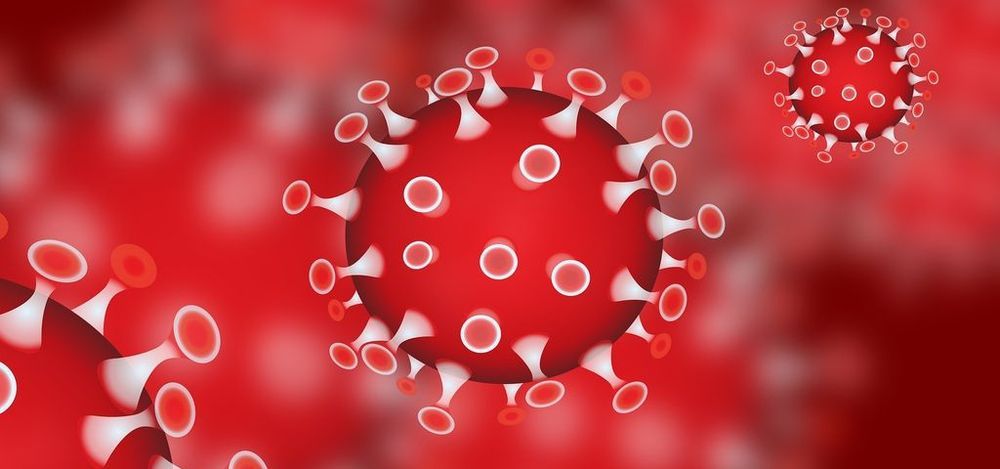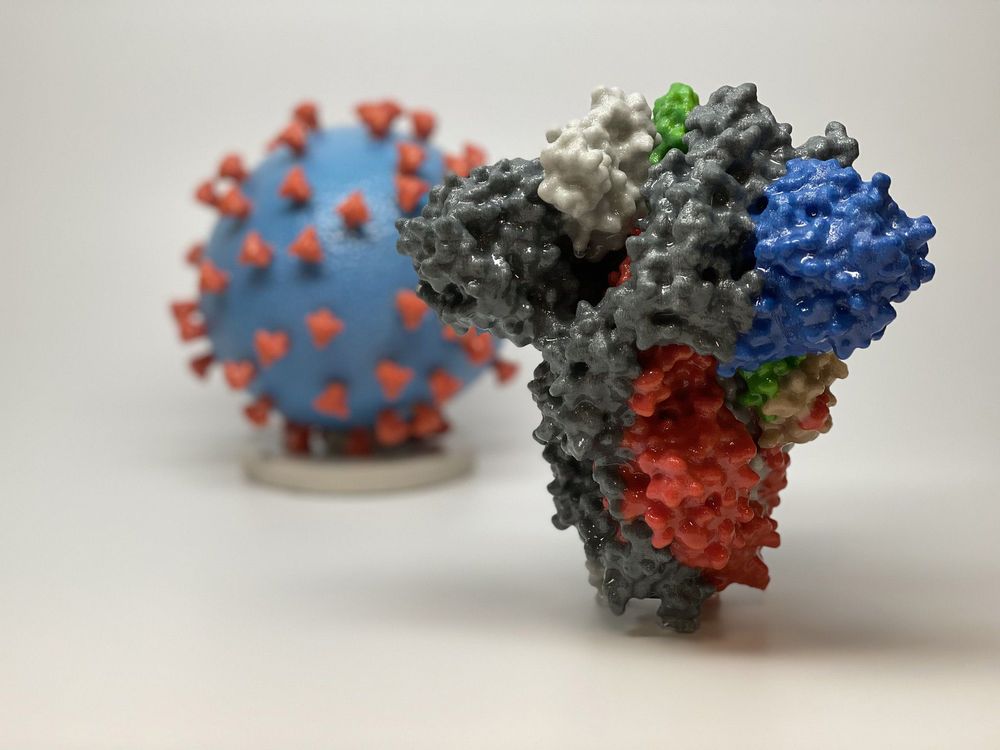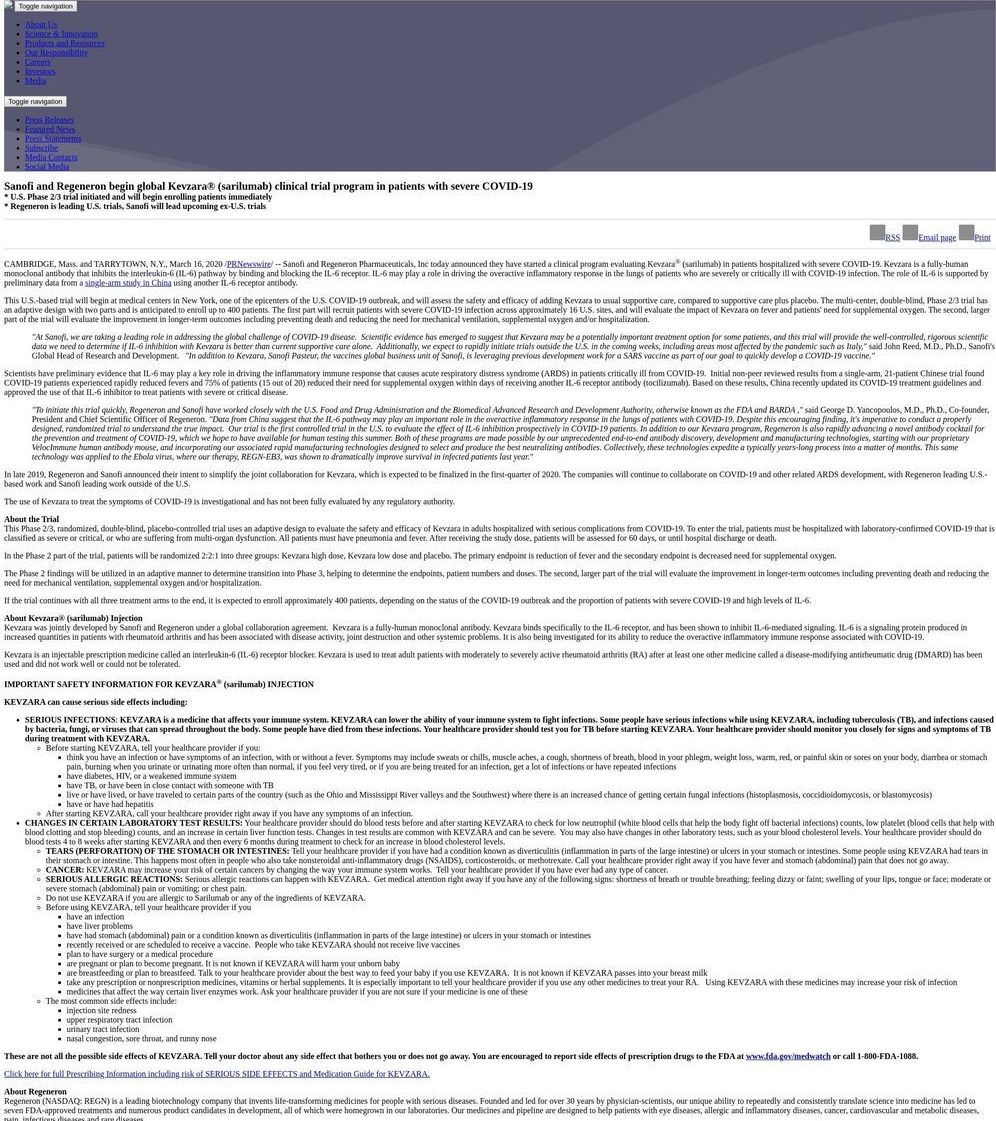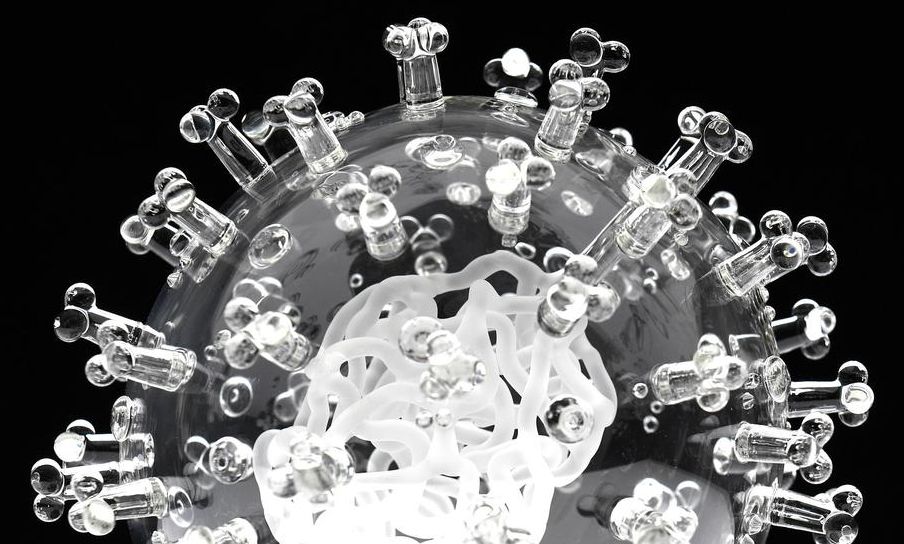Dare to be the first in the world, seven Communist Party members of the expert group were vaccinated against the new coronavirus!


The mission of healthy life extension, or healthy longevity promotion, raises a broad variety of questions and tasks, relating to science and technology, individual and communal ethics, and public policy, especially health and science policy. Despite the wide variety, the related questions may be classified into three groups. The first group of questions concerns the feasibility of the accomplishment of life extension. Is it theoretically and technologically possible? What are our grounds for optimism? What are the means to ensure that the life extension will be healthy life extension? The second group concerns the desirability of the accomplishment of life extension for the individual and the society, provided it will become some day possible through scientific intervention.
How will then life extension affect the perception of personhood? How will it affect the availability of resources for the population? Yet, the third and final group can be termed normative. What actions should we take? Assuming that life extension is scientifically possible and socially desirable, and that its implications are either demonstrably positive or, in case of a negative forecast, they are amenable – what practical implications should these determinations have for public policy, in particular health policy and research policy, in a democratic society? Should we pursue the goal of life extension? If yes, then how? How can we make it an individual and social priority? Given the rapid population aging and the increasing incidence and burden of age-related diseases, on the pessimistic side, and the rapid development of medical technologies, on the optimistic side, these become vital questions of social responsibility. And indeed, these questions are often asked by almost any person thinking about the possibility of human life extension, its meaning for oneself, for the people in one’s close circle, for the entire global community. Many of these questions are rather standard, and the answers to them are also often quite standard. Below some of those frequently asked questions and frequently given answers are given, with specific reference to the possibility and desirability of healthy human life extension, and the normative actions that can be undertaken, by the individual and the society, to achieve this goal.
Q: Is human life extension possible? Why do you think so?



U.S. Treasury Secretary Steven Mnuchin said he supports direct payments of $1,000 per adult and $500 per child to Americans within three weeks if Congress backs the plan.
“The president is determined that we are going to support” those affected, Mnuchin said in a Fox Business interview Thursday morning.
Cash handouts to all American households are gaining support in Congress as the best way to shore up an economy brought to a near-standstill by the coronavirus response.

Looking for patient 1; Mr. Chen :
On Jan. 24, the Lancet, an independent medical journal, published a study showing Wuhan’s first patient was not connected to the seafood market. A joint research team representing China’s Xishuangbanna Tropical Botanical Garden, Huanan Agricultural College and the Chinese Institute for Brain Research have also said the seafood market is not the source of COVID-19.
https://www.upi.com/…/Reports-Chinas-first-C…/1201582811760/
Feb. 27 (UPI) — Chinese authorities said the first known patient of the new coronavirus in Wuhan had no connection to Huanan Seafood Market, which authorities have previously said is ground zero for COVID-19, according to Taiwanese press reports.
Eastern Broadcasting Co. and Liberty Times reported Thursday that China’s first patient had shown symptoms of COVID-19 as early as Dec. 8. Chinese authorities have previously said the outbreak began on Dec. 31.
The statement from the Wuhan Center for Disease Control and Prevention published in Taiwanese news media marks the first time Chinese authorities have provided an alternative explanation of the source of the deadly outbreak.


CAMBRIDGE, Mass. and TARRYTOWN, N.Y., March 16, 2020 /PRNewswire/ — Sanofi and Regeneron Pharmaceuticals, Inc today announced they have started a clinical program evaluating Kevzara® (sarilumab) in patients hospitalized with severe COVID-19. Kevzara is a fully-human monoclonal antibody that inhibits the interleukin-6 (IL-6) pathway by binding and blocking the IL-6 receptor. IL-6 may play a role in driving the overactive inflammatory response in the lungs of patients who are severely or critically ill with COVID-19 infection. The role of IL-6 is supported by preliminary data from a single-arm study in China using another IL-6 receptor antibody.
This U.S.-based trial will begin at medical centers in New York, one of the epicenters of the U.S. COVID-19 outbreak, and will assess the safety and efficacy of adding Kevzara to usual supportive care, compared to supportive care plus placebo. The multi-center, double-blind, Phase 2/3 trial has an adaptive design with two parts and is anticipated to enroll up to 400 patients. The first part will recruit patients with severe COVID-19 infection across approximately 16 U.S. sites, and will evaluate the impact of Kevzara on fever and patients’ need for supplemental oxygen. The second, larger part of the trial will evaluate the improvement in longer-term outcomes including preventing death and reducing the need for mechanical ventilation, supplemental oxygen and/or hospitalization.
“At Sanofi, we are taking a leading role in addressing the global challenge of COVID-19 disease. Scientific evidence has emerged to suggest that Kevzara may be a potentially important treatment option for some patients, and this trial will provide the well-controlled, rigorous scientific data we need to determine if IL-6 inhibition with Kevzara is better than current supportive care alone. Additionally, we expect to rapidly initiate trials outside the U.S. in the coming weeks, including areas most affected by the pandemic such as Italy,” said John Reed, M.D., Ph.D., Sanofi’s Global Head of Research and Development. “In addition to Kevzara, Sanofi Pasteur, the vaccines global business unit of Sanofi, is leveraging previous development work for a SARS vaccine as part of our goal to quickly develop a COVID-19 vaccine.”


As the number of global coronavirus cases surpassed 200,000 as of Wednesday, a Japanese flu drug undergoing clinical trials in China as a possible treatment for coronavirus has effectively helped patients recover, Chinese officials told reporters. This is only one of many drugs that have shown promise.
A Chinese government official said patients who took Avigan tested negative for the virus in a shorter amount of time.